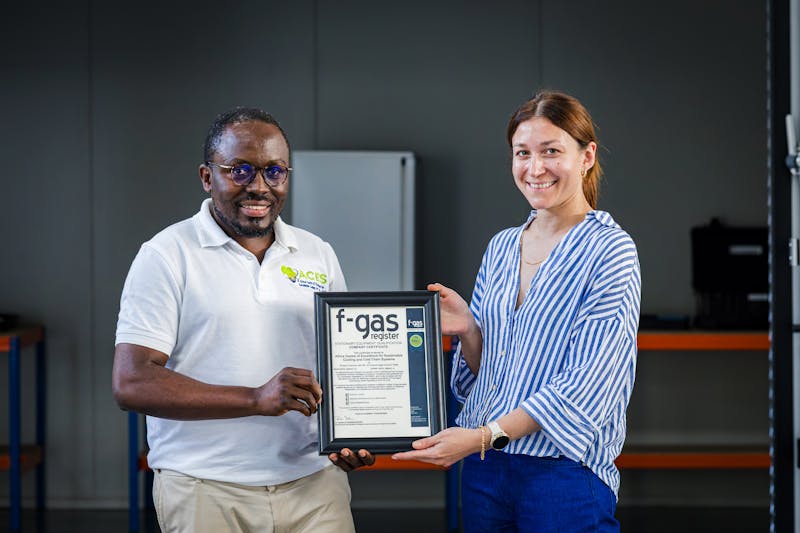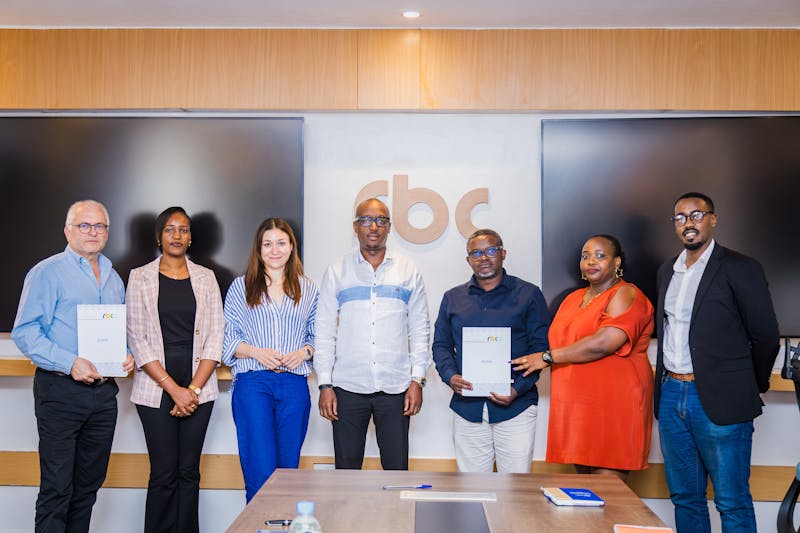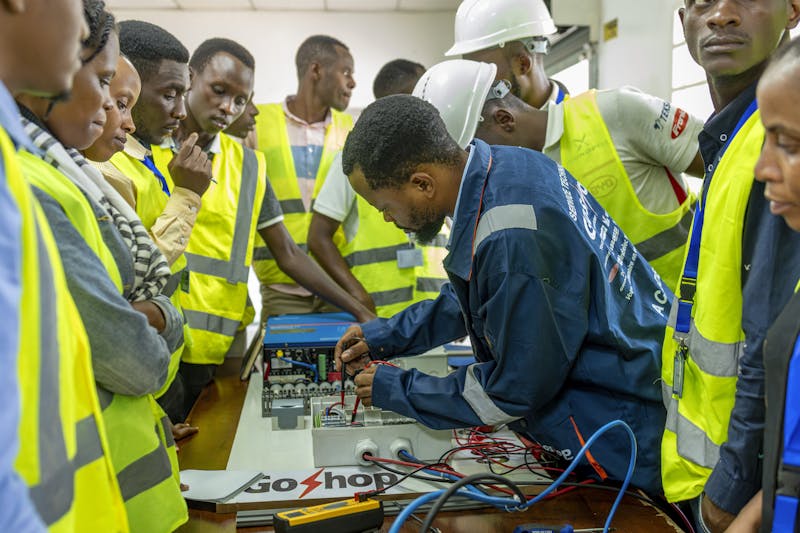GESI
Gender Equality and Social Inclusion
Creating and delivering a framework, training, and safeguarding policy based on our original GESI scoping report.
In developing solutions strategies, training programmes and demonstration projects on the ground, etc., we want to ensure that the programme identifies and considers unequal power relations and inequalities experienced by individuals as a result of their social identities, including gender, location, (dis)ability, wealth, education, age, caste/ethnicity, race, and sexuality.
It is worth noting that while access to cold-chains is likely to have substantial impacts on gender equality and the empowerment of women, considering that women represent on average 36.7 percent of all agricultural workers in 2019, and up to 50 percent in many countries in Africa, and are often traditionally responsible for post-harvest activities, gender-disaggregated information on the sector remains scarce.

GESI Scoping report
We have written a scoping report that better understands the significance of gender equality and social inclusion in the cooling and cold-chain sectors. The report is based on a review of published literature and expert interviews, exploring the key benefits that food and vaccine cold-chain can derive by integrating diversity, equality, and inclusion. It highlights potential value capture across different aspects of the supply chain and identifies gaps in evidence for designing inclusive cooling and cold-chain sectors.
GESI Framework for evidence gathering and project design
The GESI framework is an extension of the inclusive approach framework and aims to address inequality in cooling and cold-chain systems.
It looks at three key elements:
- Access,
- Needs, and
- Participation.
The objective is to identify barriers and opportunities in the sector to achieve equality.
This report provides a comprehensive guide on disaggregated data gathering to better understand the issues and find effective solutions.
ACES internal GESI monitoring and evaluation (M&E) framework
This M&E framework can be used by the appointed GESI point person, who can monitor the progress and evaluate ACES project GESI activities as well as internal organisational structures and processes.
GESI Training module
.jpg?fit=crop&crop=focalpoint&auto=enhance&mask=corners&corner-radius=10&w=850)
Gender Equality and Social Inclusion (GESI) in cooling and cold-chain training at the Clean Cooling Academy.
We have three different bespoke courses available for you to join, in cooling and cold-chain.
-
Train the Trainer ProgrammeIntensive courses GESI Refrigeration Training Refrigeration
-
GESI in Cooling and Cold-chain FoundationGESI Introductory courses
-
GESI in Cooling and Cold-chain Sectors for PolicymakersIntroductory courses GESI
-
GESI Integration in Cooling and Cold-chain SectorsShort course GESI Essentials Course
SEAH Policy
ACES Sexual exploitation, abuse, harassment (SEAH) and safeguarding Policy
This policy outlines ACES commitment to promoting equality, safeguarding, and diversity in the workplace. It also guides the risk assessment and mitigation measures that will be adopted throughout the ACES program cycle.
During the second half of 2024, we implemented the tools in Africa through Kenya, Rwanda both at the project/community level and also at ACES campus itself so as to develop them into online tools.










